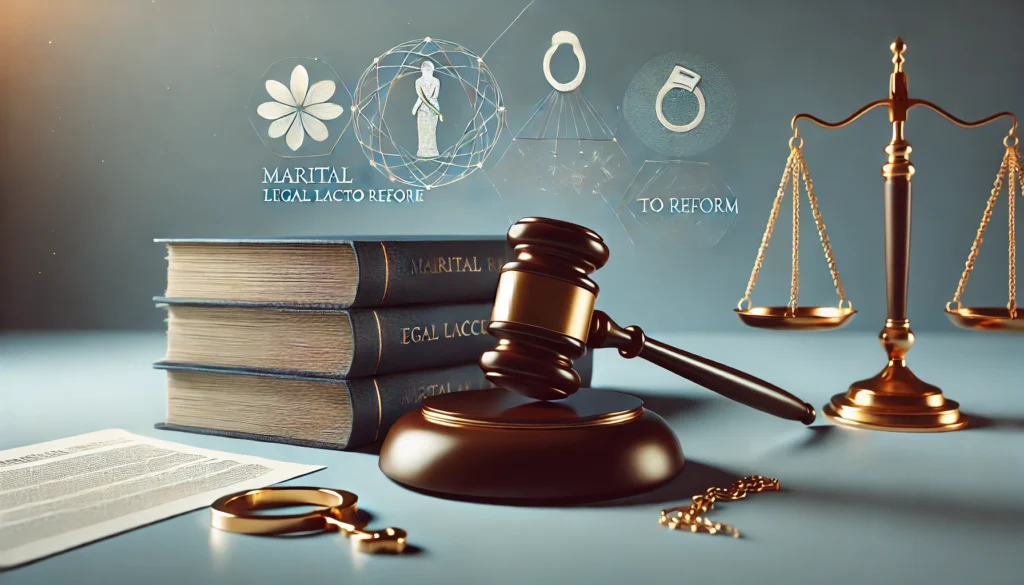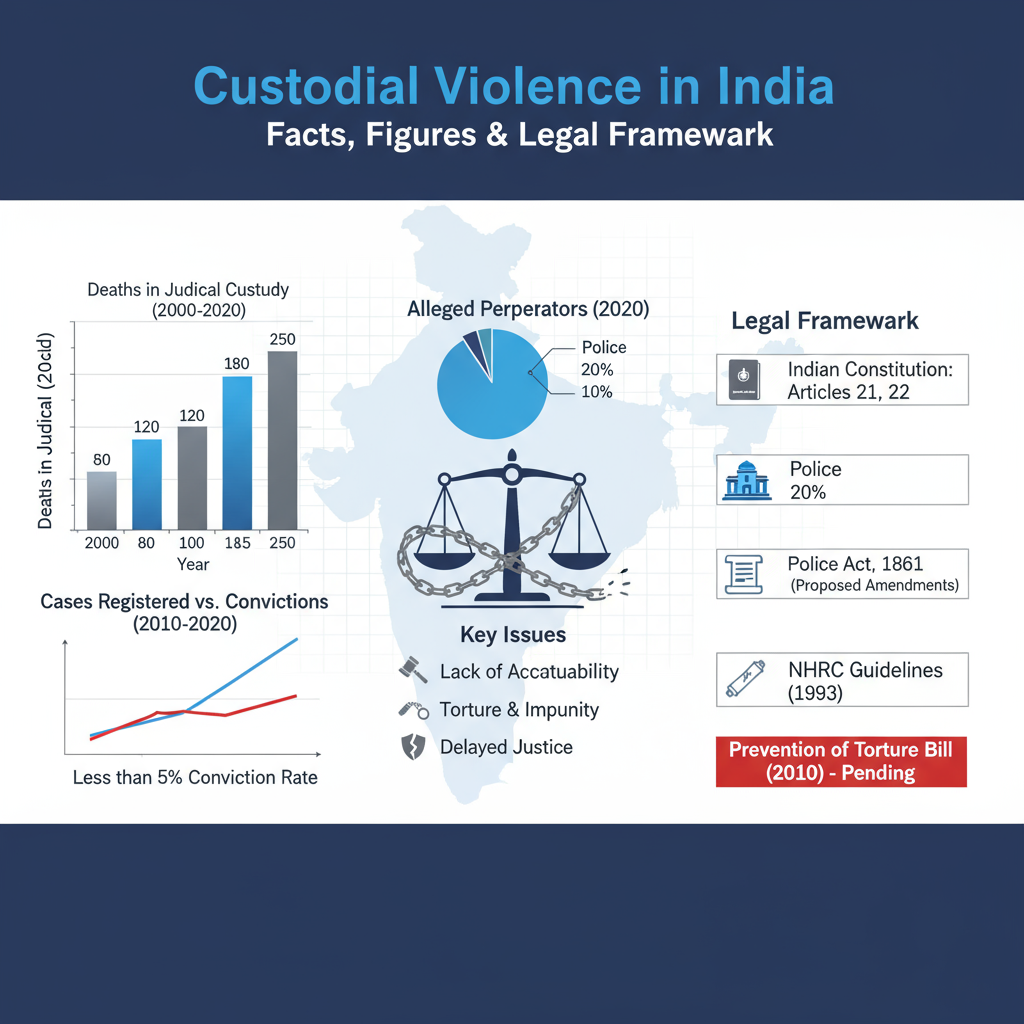Published on: 13th October 2025
Authored by: Nather Nisha .S
Chennai Dr Ambedkar Government Law College, Pudhupakkam
Court: Supreme Court of India
Bench : Y.V. Chandrachud (C.J.), Ranganath Misra, D.A. Desai, O. Chinnappa Reddy, and E.S. Venkataramiah.
Date of Judgment: April 23, 1985
Relevant Provisions/Statutes: Section 125 of the Code of Criminal Procedure, 1973 ,Article 14 and Article 15 of the Constitution of India,Muslim Personal Law (Shariat) Application Act, 1937.
Brief Facts of the Case:
Shah Bano Begum, a 62-year-old Muslim woman and mother of five children, was divorced by her husband, Mohd. Ahmed Khan, a renowned advocate in Indore, after over 40 years of marriage. In 1978, he pronounced triple talaq and denied her financial support. Shah Bano, who was old and destitute, filed an application under Section 125 of CrPC, claiming maintenance from her husband.
Mohd. Ahmed Khan argued that he had fulfilled all obligations under Islamic law by giving her mehr (dower) during divorce and that he was not obligated to pay any further maintenance. The case ignited nationwide attention as it brought into conflict two legal frameworks secular criminal law and religious personal law.
Issues Raised:
- Whether a Muslim husband is liable to pay maintenance to his divorced wife under Section 125 CrPC after the iddat period?
- Does the application of Section 125 of CrPC conflict with Muslim Personal Law?
- Whether the statutory obligation of maintenance under CrPC overrides personal religious laws in case of contradiction?
Arguments of the Parties:
Petitioner (Mohd. Ahmed Khan):
- Relied on Muslim Personal Law (Shariat): Argued that under Islamic law, a husband’s duty to maintain a divorced wife exists only during the iddat period (approximately 3 months). Once this period ends, there is no obligation for continued maintenance.
- Payment of Mehr: Claimed he had already paid mehr and offered maintenance during iddat, fulfilling all religious and legal obligations. Therefore, Shah Bano was not entitled to maintenance beyond that.
- CrPC not Applicable to Muslims:
Asserted that Section 125 CrPC, being a secular provision, should not interfere with personal laws. He claimed it was unconstitutional to apply a general law over a religious matter.
Respondent (Shah Bano Begum):
- Right to Maintenance under Section 125 CrPC: Argued that Section 125 is a secular welfare provision that applies to all Indian citizens regardless of religion. It seeks to prevent destitution, not interfere with religious practices.
- Personal Law vs. Constitutional Law: Emphasized that personal laws cannot override constitutional guarantees or statutory protections. A divorced woman with no means of survival cannot be left without support.
- Contended that mehr is a part of the marriage contract and not a substitute for lifelong maintenance, especially for an elderly, poor woman.
Judgment:
The Supreme Court ruled in favour of Shah Bano. It held that: Section 125 CrPC overrides personal law in cases of conflict because it is a secular, uniform law meant to protect women from destitution, regardless of religion.
The obligation to maintain a divorced wife is not extinguished after the iddat period if she is unable to support herself.
The court emphasized that personal laws cannot undermine constitutional values, especially Article 14 (Right to Equality) and Article 15 (Prohibition of discrimination).
Justice Y.V. Chandrachud (CJI), writing the majority opinion, stated that: “A uniform civil code is imperative, and the Parliament should frame one.”
Ratio Decidendi:
- Secular Law Prevails: Section 125 CrPC applies to all citizens equally and is not overridden by personal law, especially in cases affecting fundamental rights.
- Maintenance beyond Iddat: A divorced Muslim woman is entitled to maintenance beyond iddat if she is not able to maintain herself.
- Mehr is not maintenance: Mehr is a one-time obligation and not a discharge of ongoing responsibility for support.
Final Decision of the Court:
The Supreme Court dismissed the appeal of Mohd. Ahmed Khan and upheld the Madhya Pradesh High Court’s decision directing him to pay ₹179.20 per month as maintenance to Shah Bano under Section 125 CrPC.
The Court firmly ruled that a Muslim divorced woman is entitled to maintenance beyond the iddat period if she is unable to maintain herself. It reaffirmed that statutory secular law (CrPC) will take precedence over personal religious laws when the issue pertains to human rights and gender justice.
Impact of the Case:
- Strengthened Women’s Rights: The Shah Bano judgment was a milestone for Indian Muslim women, recognizing their constitutional right to seek maintenance beyond traditional religious boundaries.
- Sparked Nationwide Debate: The judgment faced intense backlash from conservative Muslim groups, who argued that it violated Islamic personal law. Protests were held across the country.
- Political Aftermath Enactment of a New Law: Under political pressure, the Rajiv Gandhi government overturned the Supreme Court verdict through the:Muslim Women (Protection of Rights on Divorce) Act, 1986 This Act limited a Muslim husband’s liability to only the iddat period, effectively reversing the Shah Bano ruling and appeasing religious conservatives.
- Fuelled Uniform Civil Code (UCC) Discourse: The judgment revived discussions around Article 44 of the Constitution, which calls for a Uniform Civil Code. The Court’s remarks added weight to the ongoing debate of secularism vs. religious pluralism.
Conclusion:
The Shah Bano case stands as a symbol of the conflict between personal laws and constitutional guarantees, particularly in the realm of gender justice. It exposed the tension between religious identity and individual rights, compelling Indian society to confront the need for legal reform and gender-sensitive jurisprudence. Though politically diluted, the spirit of Shah Bano still influences contemporary debates on Uniform Civil Code, secularism, and women’s empowerment in India. It remains a landmark precedent, emphasizing that no law religious or secular should leave a woman helpless.
References (Bluebook Citation Style):
- Mohd. Ahmed Khan v. Shah Bano Begum, (1985) 3 SCR 844.
- Code of Criminal Procedure, No. 2 of 1974, § 125, Acts of Parliament, 1974 (India).
- The Muslim Women (Protection of Rights on Divorce) Act, No. 25 of 1986,
Acts of Parliament, 1986 (India).
- India Const. art. 14, 15 & 44.
- Daniel Latifi & Anr. v. Union of India, (2001) 7 SCC 740.




